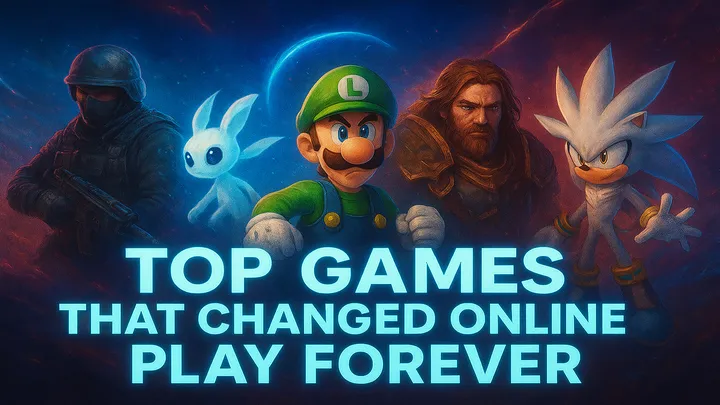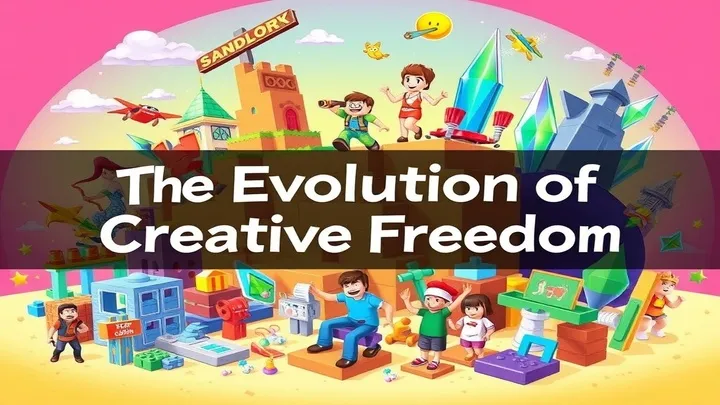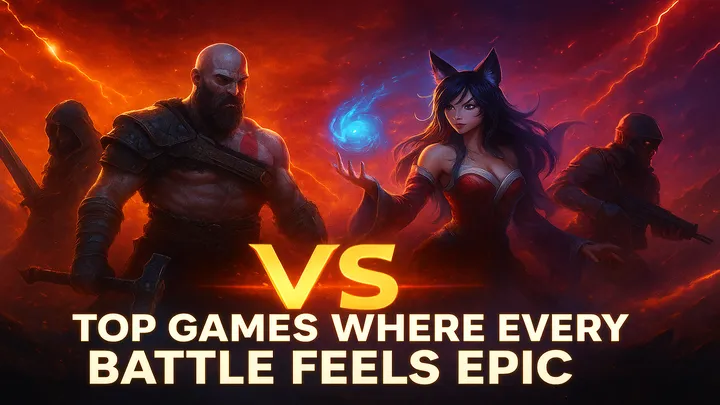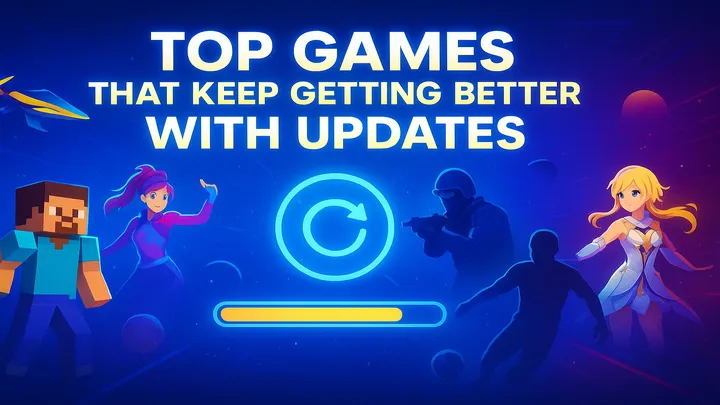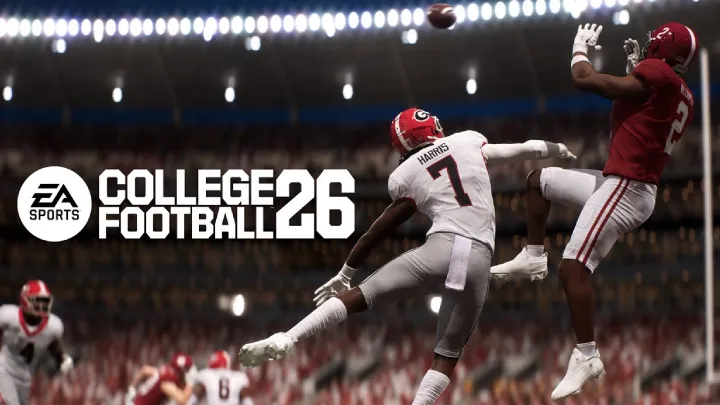Introduction
Sports have always been a universal language, connecting people across cultures, nations, and generations. In the digital world, sports video games have taken this connection even further, creating communities of millions who compete, watch, and celebrate virtual matches with the same passion as real ones. From football fields to basketball courts and beyond, certain sports games have transcended being “just games.” They became cultural icons, shaping the gaming industry and influencing sports fandom worldwide.
Let’s explore some of the most legendary sports games that grew into global phenomena.
FIFA Series – The King of Football Gaming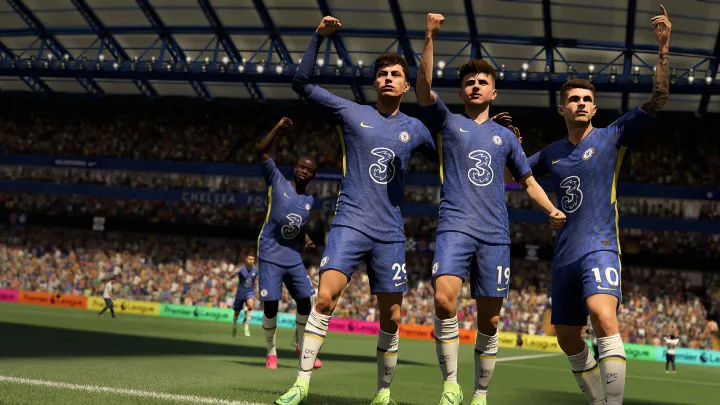
When it comes to football, no video game franchise has had the global reach of FIFA. Developed by EA Sports, FIFA has been the go-to title for soccer fans since 1993. With yearly updates featuring real players, clubs, and leagues, FIFA simulates the world’s most popular sport with remarkable accuracy.
The introduction of Ultimate Team mode turned FIFA into more than just a game; it became a cultural powerhouse. Millions of players worldwide build fantasy squads, trade player cards, and compete online. FIFA tournaments are now broadcast like real sporting events, and professional players have achieved celebrity status.
The game’s ability to capture both casual players and competitive gamers ensures its dominance as one of the most recognized sports titles in history.
NBA 2K – Where Basketball and Culture Collide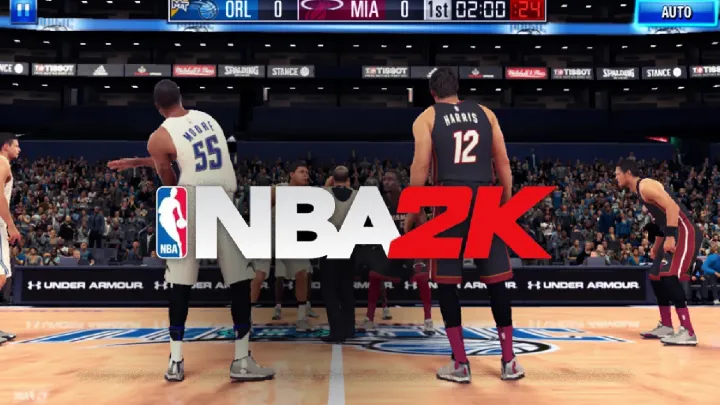
Basketball has always been about more than the game—it’s about culture, music, and style. The NBA 2K series captures this spirit perfectly. Since its debut in 1999, NBA 2K has grown into the definitive basketball simulation, blending realistic gameplay with an immersive presentation.
One of its standout features is MyCareer mode, where players create custom athletes and guide them from rookie beginnings to superstar status. This storytelling element, combined with customization, makes the game feel personal. Additionally, NBA 2K’s integration of real-world fashion, hip-hop culture, and esports competitions elevated it beyond sports into lifestyle.
Today, NBA 2K tournaments are massive events, with players competing for huge cash prizes, proving that the franchise is not only a game but also a cultural stage.
Pro Evolution Soccer (PES / eFootball) – The Cult Classic
While FIFA dominates globally, Pro Evolution Soccer (PES)—now rebranded as eFootball—has always had a dedicated fan base. Known for its realistic ball physics, fluid gameplay, and tactical depth, PES provided an alternative that many hardcore football fans considered superior in pure mechanics.
In the 2000s, PES was especially popular in Europe, South America, and Asia, where players would gather in arcades, cafes, and homes to battle it out. Even though its licensing deals were weaker than FIFA’s, the gameplay’s authenticity built a loyal following.
Though its transition to eFootball faced challenges, PES remains a legendary series that helped shape football gaming into a global phenomenon.
Wii Sports – A Game for Everyone
Sometimes a sports game doesn’t need hyper-realistic graphics or complex controls to make history. Wii Sports, bundled with the Nintendo Wii in 2006, became one of the most successful games ever, selling over 80 million copies.
Its charm came from accessibility. With motion controls, anyone could swing a tennis racket, bowl a strike, or play baseball—even those who had never touched a controller before. Wii Sports turned living rooms into family arenas, nursing homes into bowling alleys, and parties into tournaments.
More than a game, Wii Sports was a social experience, proving that gaming could bring people together across all ages. Its impact on casual gaming culture is immeasurable.
Rocket League – Football with Cars
Few could have predicted that Rocket League, a game about rocket-powered cars playing football, would become a worldwide hit. Released in 2015, it combined sports and arcade fun in a way no one had seen before.
Rocket League’s simple premise—score goals with cars—hid a deep, skill-based system. The blend of teamwork, precision, and creativity made it an esports sensation. Major tournaments attract millions of viewers, and the game’s cross-platform play means fans worldwide can join the action.
Its rise from a quirky indie title to a global esports powerhouse shows how innovative sports games can break boundaries and capture imaginations.
Conclusion
From realistic football simulations like FIFA and PES, to cultural icons like NBA 2K, and innovative titles like Wii Sports and Rocket League, sports games have proven their ability to go beyond entertainment. They foster communities, influence culture, and sometimes even change how we interact socially.
These global phenomena remind us of the universal power of sports—whether on a real pitch or a digital screen. No matter the sport, these games continue to unite players across the world, proving that the love of competition and play is truly timeless.








